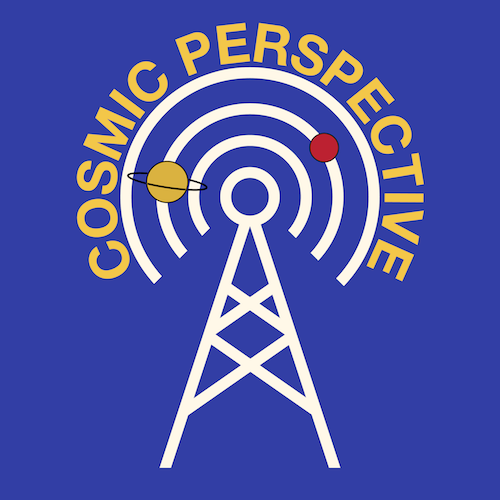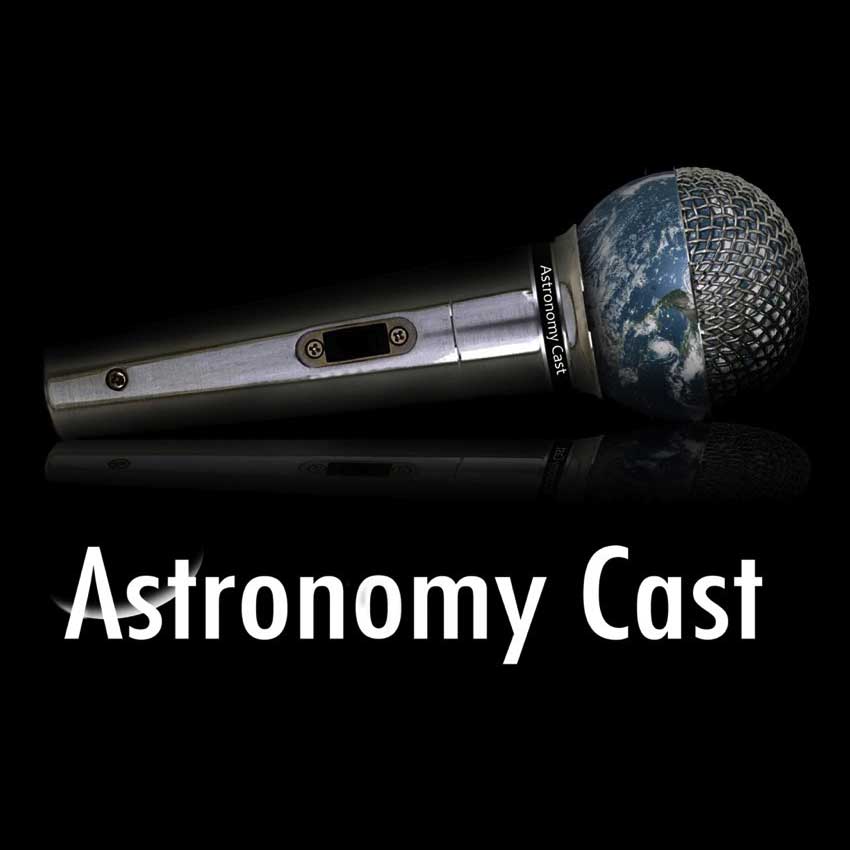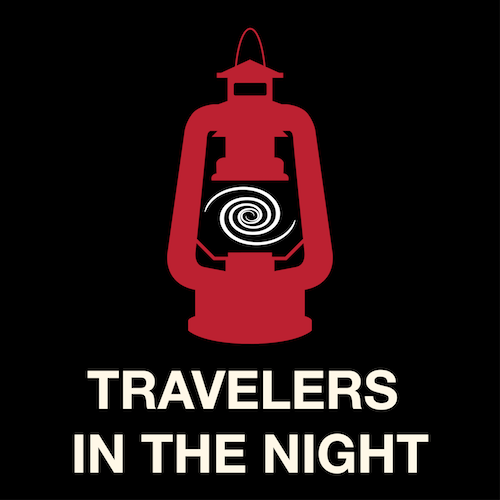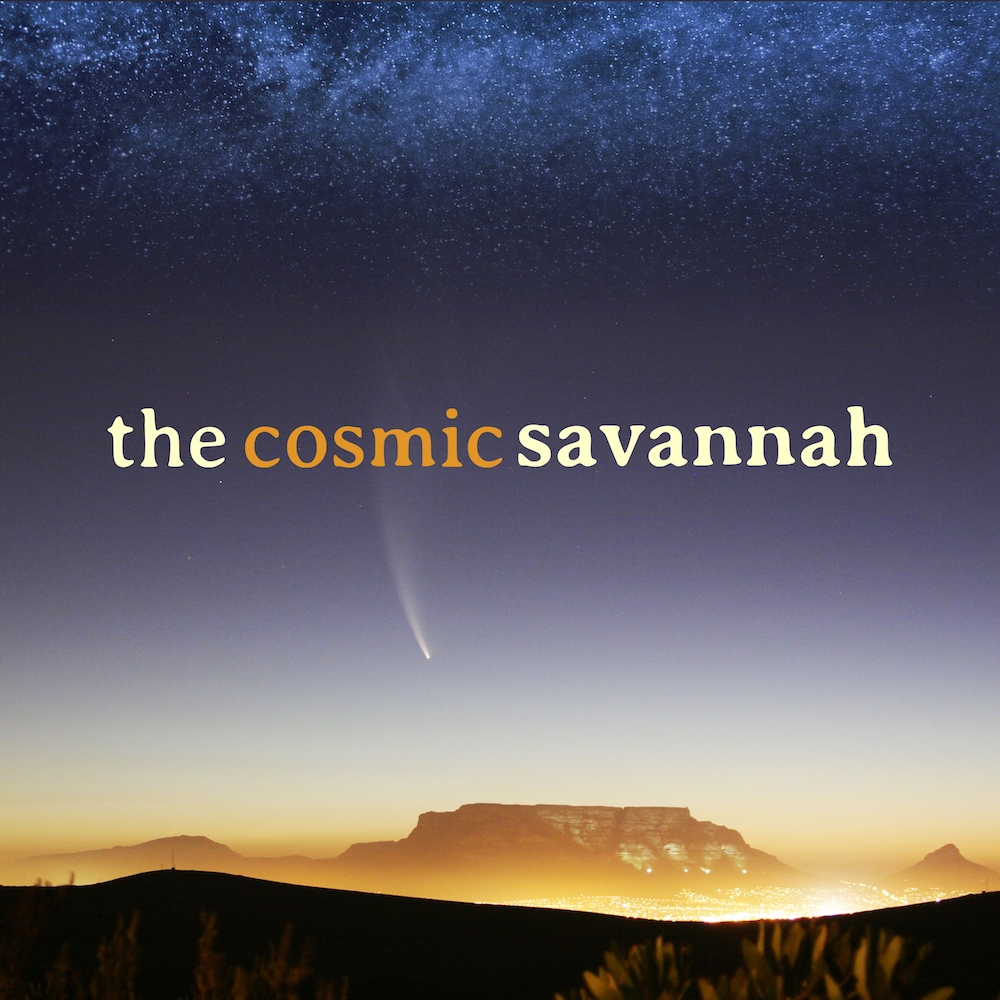Today’s Episode

Jan 3rd: Science Here & Far
This week we take a loot at Dark Comets, Io’s gooey mantle, the colonization of a Ryugu sample, galaxies growing too fast too early, and more.
Subscribe & Follow
Project Director: Avivah Yamani
Audio Engineer: Richard Drumm
Executive Producer: Pamela L. Gay
Learn more about us on our
Credits and Sponsors page.
We are a community podcast,
bringing you the voices of astronomy & astronomy lovers,
everyday of the year.
More Recent Episodes
Apr 28th: The Black Hole That Didn’t Get Its Morning Coffee
: George’s Random Astronomical Object presents Messier 61. The center of this barred spiral galaxy contains multiple regions where stars are forming as well as an inactive supermassive black home that needs some caffeine.
Apr 27th: The 50th Anniversary of Apollo 16
To celebrates the 50th Anniversary of Apollo 16 @Andy_SSA interview Charlie Duke about his Apollo 11 Moon Landing Capsule Communications, Apollo 16 Lunar Module Pilot, & Post Moon Landing Life Changing Experiences.
Apr 26th: Distant Horizons
Cheap Astronomy explores some old horizons and answers these questions. If the Big Bang happened 13.8 billion years ago how come we can still see it? How can we observe things that are receding from us at faster than the speed of light?
Apr 25th: The Sun, Spots & All
It’s Spring in the Northern Hemisphere, and that means the Sun is back. But it’s more than just a free heat lamp for your garden, it’s an incredible, dynamic nuclear reaction complete with flares, coronal mass ejections, twisting magnetic fields and the solar wind
Apr 24th: So Many Possibilities & Breaks Happen
The number of possible places in a galaxy for life as we know it to develop. More about it and also the monsoon weather pattern that allowed Richard Kowalski to discover asteroid.
Apr 23rd: Cosmic Beasts and Where to Find Them
Our podcaster Jacinta has been part of the discovery of two largest radio galaxies using South Africa’s powerful MeerKAT telescope. More about it at #365DaysOfAstro







